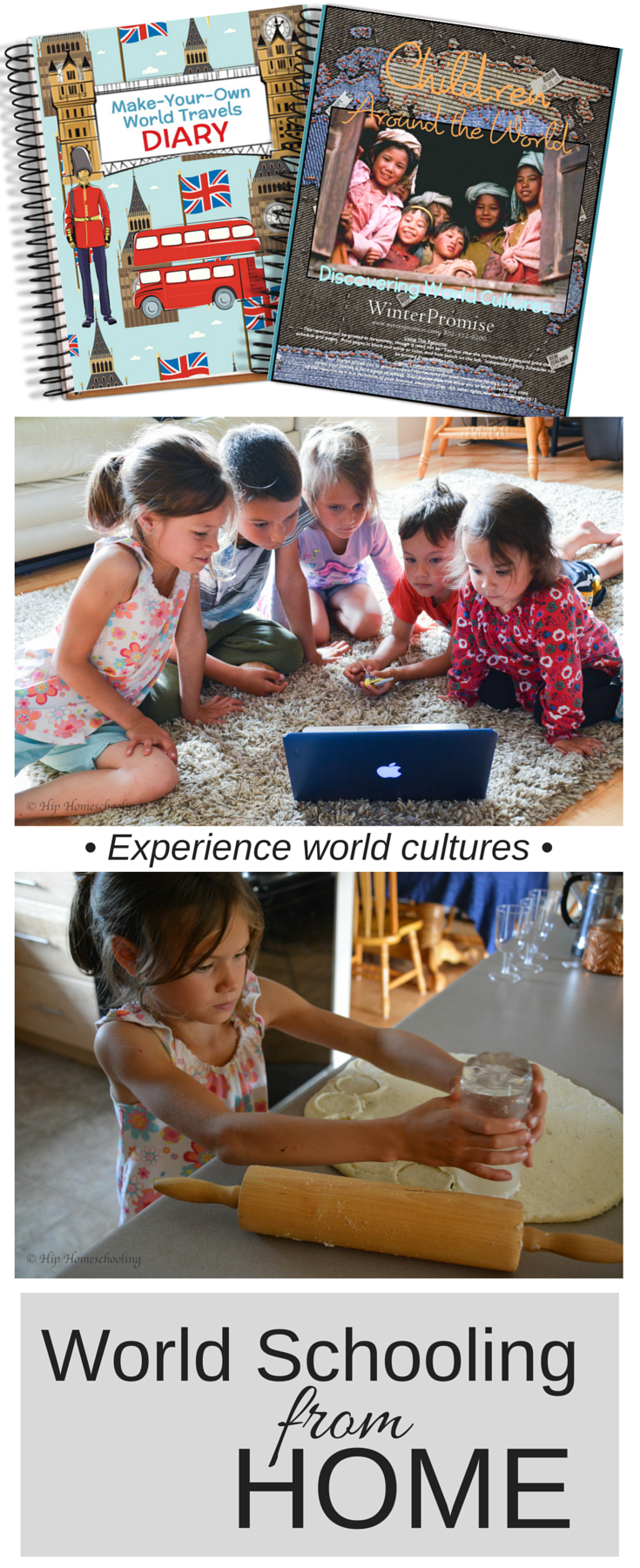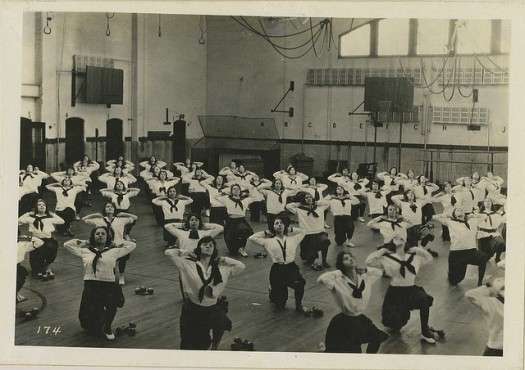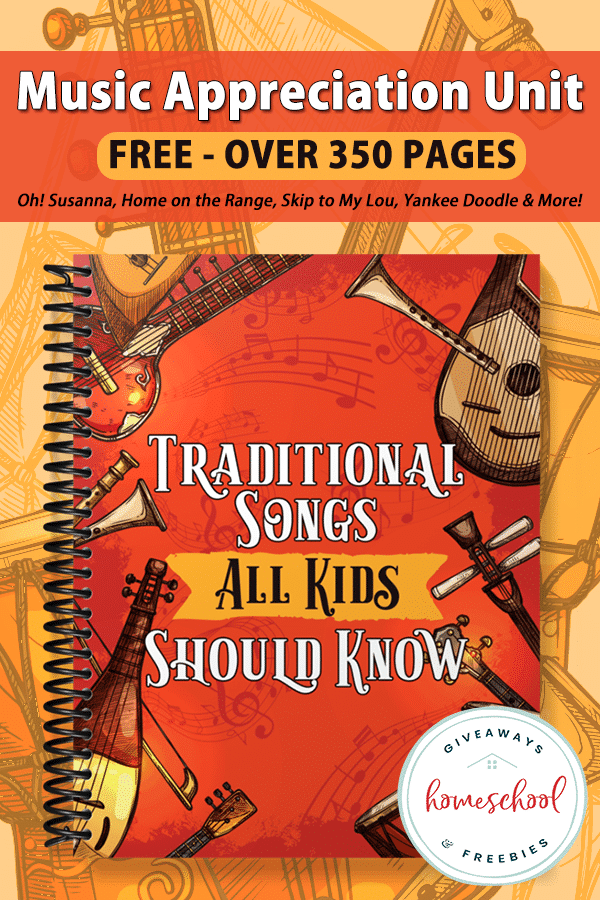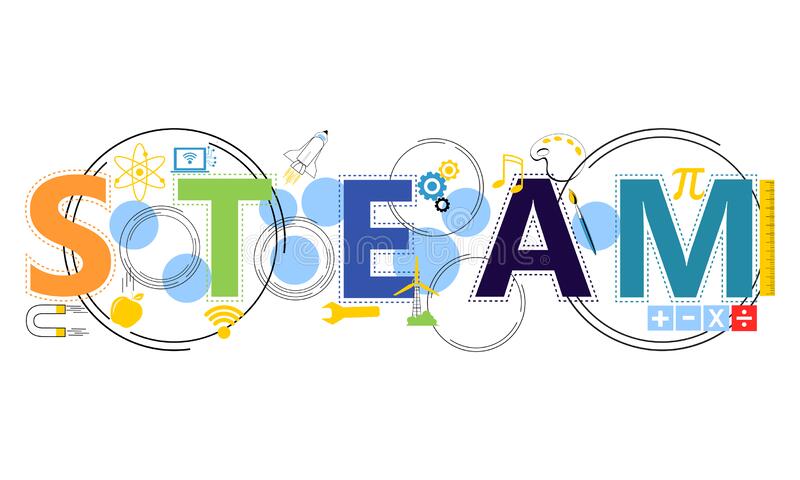Home Schooling: Engaging Science Experiments for Learning at Home

Engaging Science Experiments for Learning at Home
Home schooling has become an increasingly popular choice for many families seeking a personalized and flexible approach to education. In the realm of science education, the hands-on aspect is crucial. This article explores a variety of science experiments that not only make learning enjoyable but also foster a deeper understanding of scientific concepts.
The Importance of Hands-On Learning
In traditional classroom settings, students often rely on textbooks and lectures to grasp scientific theories. However, home schooling provides an excellent opportunity to supplement theoretical knowledge with practical applications. Hands-on experiments engage students actively, promoting a deeper understanding of scientific principles.
Kitchen Chemistry: Unleashing the Scientist in Your Home
One exciting area for home-based science experiments is kitchen chemistry. Simple experiments using everyday household items can demonstrate complex scientific concepts. For example, the classic baking soda and vinegar reaction vividly illustrates chemical reactions, making it an ideal starting point for young learners.
Outdoor Exploration: Turning Your Backyard into a Science Lab
Exploring the outdoors offers a treasure trove of opportunities for scientific discovery. Transforming your backyard into a science lab allows children to observe nature up close. From studying plant life cycles to identifying local bird species, outdoor experiments provide valuable hands-on experience and a connection to the natural world.
DIY Physics: Building Simple Machines at Home
Introducing physics through do-it-yourself (DIY) projects is a fantastic way to make abstract concepts tangible. Building simple machines like pulleys or inclined planes not only demonstrates physics principles but also encourages creativity and problem-solving skills. These hands-on activities can be tailored to suit various age groups.
Virtual Laboratories: Accessing Online Resources
In the digital age, virtual laboratories offer a wealth of resources for home-schooled students. Websites and apps provide interactive simulations and experiments that replicate real-world scenarios. These virtual tools enable students to explore scientific concepts in a controlled environment, enhancing their understanding of complex theories.
Collaborative Learning: Science Experiments as Family Projects
Engaging in science experiments can become a family affair. Collaborative learning not only strengthens familial bonds but also allows for diverse perspectives and skills to come into play. Encourage teamwork as you tackle experiments together, fostering a positive and supportive learning environment.
Documenting Discoveries: Creating Science Journals
Encourage your students to keep science journals to document their experiments and observations. Journaling enhances critical thinking and communication skills, as students articulate their findings and reflect on the scientific process. This practice also provides a valuable record of their scientific journey.
Adapting Experiments to Different Learning Styles
Every child learns differently, and adapting experiments to cater to various learning styles is crucial. Incorporating visual aids, hands-on activities, and discussions ensures a well-rounded educational experience. Tailoring experiments to individual preferences fosters a love for learning and accommodates diverse learning needs.
Home Schooling Science Experiments: A Link to Educational Success
To further enrich your home schooling science curriculum, explore the vast array of experiments available online. Websites like Home Schooling Science Experiments offer a comprehensive collection of resources suitable










